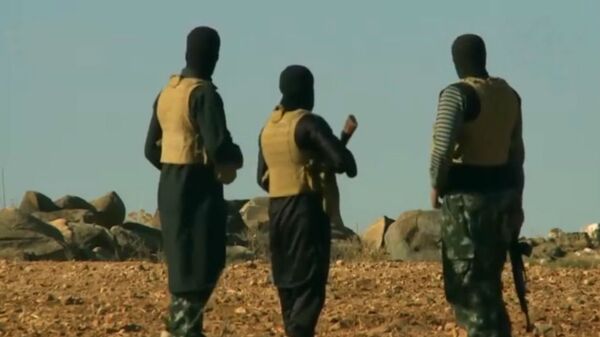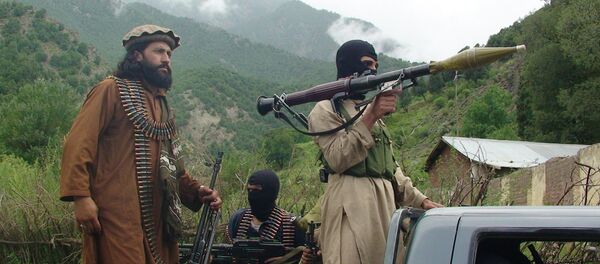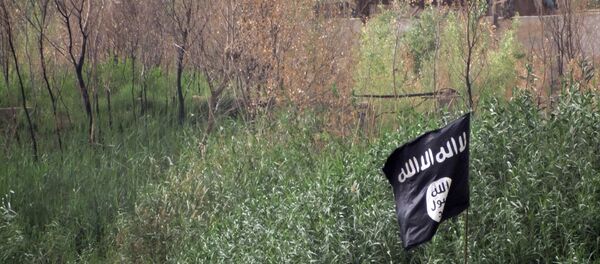Pasoon, or "Uprising," a militia group performing the executions, has been fighting Daesh in the Achin district, an unstable region bordering Pakistan, for several weeks. The group is loyal to a powerful member of the Afghan parliament, Haji Zahir, who has publicly justified the killings, stating that they are an act of revenge.
Zahir explained that Daesh had previously killed four of his troops.
“If they behead you, behead your son, do you expect us to cook sweets for them?” he told reporters. “Sweets are not distributed during war. People die.”
Ataullah Khoqani, a spokesman for the provincial governor, claimed that state government forces did not take part in the executions and added that the incident is under investigation.
The killings were widely condemned by authorities in the troubled country.
“This barbaric incident should not have happened,” Haji Ghaleb, a district chief told local media. “If they were criminals then they should have been punished by the judiciary, not by a kangaroo court.”
Afghanistan has faced continued violence amid various tribal rivalries across the nation. Warring parties include the Afghan National Army, the Taliban, local militias protecting their territory, and Daesh attempts to annex the country so as to increase its caliphate, now consisting of rapidly shrinking territories in Syria and Iraq.
The launch of a 90-minute Pashto-language radio program, “Voice of the Caliphate,” in Afghanistan, indicates the influence of Daesh in the region, various media reported. The government is attempting to block broadcasts beamed from an undetermined location.
According to estimates by US General John Campbell, the commander of international forces in Afghanistan, some 3,000 militants have entered Afghanistan to date, and their influence is anticipated to spread.





